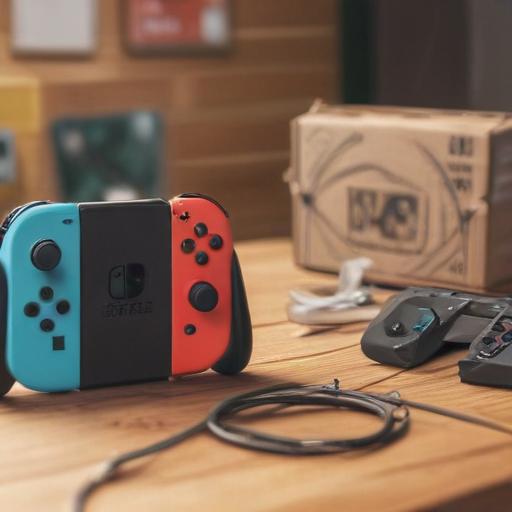Nintendo is currently facing scrutiny from regulators and fans regarding its newly released Switch 2 console. One major concern involves the company’s controversial capability to remotely disable the console, rendering it unplayable—an action referred to as “bricking.” This capability, intended to combat piracy, has led Brazilian regulators to file a legal complaint against Nintendo, arguing that it infringes on consumer rights by denying access to a product for which customers have already paid. The complaint demands that Nintendo withdraw this feature, and the company has a 20-day period to respond legally.
This situation has been exacerbated by reports from users, including instances where consoles purchased from retailers like Walmart were found to be bricked. Fans have expressed their frustration, particularly as secondhand buyers have also encountered issues receiving disabled consoles.
In addition to the controversy surrounding the bricking feature, Nintendo faces another significant issue with the Switch 2—the overheating problem. Players have taken to social media to share their experiences of the console overheating during gameplay, regardless of the intensity of the games being played. Many users attribute this to the dock, which appears inadequate in maintaining proper cooling. While Nintendo has advised users to ensure appropriate airflow around the device, this solution may not suffice for all gamers.
Despite these challenges, Nintendo’s stock (NTDOF) saw a modest increase of 0.14% mid-week, maintaining a rally of 58.21% year-to-date and a 65.59% increase over the past year. Analysts view the stock as a Moderate Buy, reflecting an average price target of $93.76, which indicates a potential upside of 1.77%.
In light of these developments, it’s essential for Nintendo to not only address these user concerns but also to adapt its business practices in a way that restores consumer confidence. This situation represents an opportunity for the company to enhance its customer relations and invest further in product quality, ultimately leading to a stronger brand reputation.
